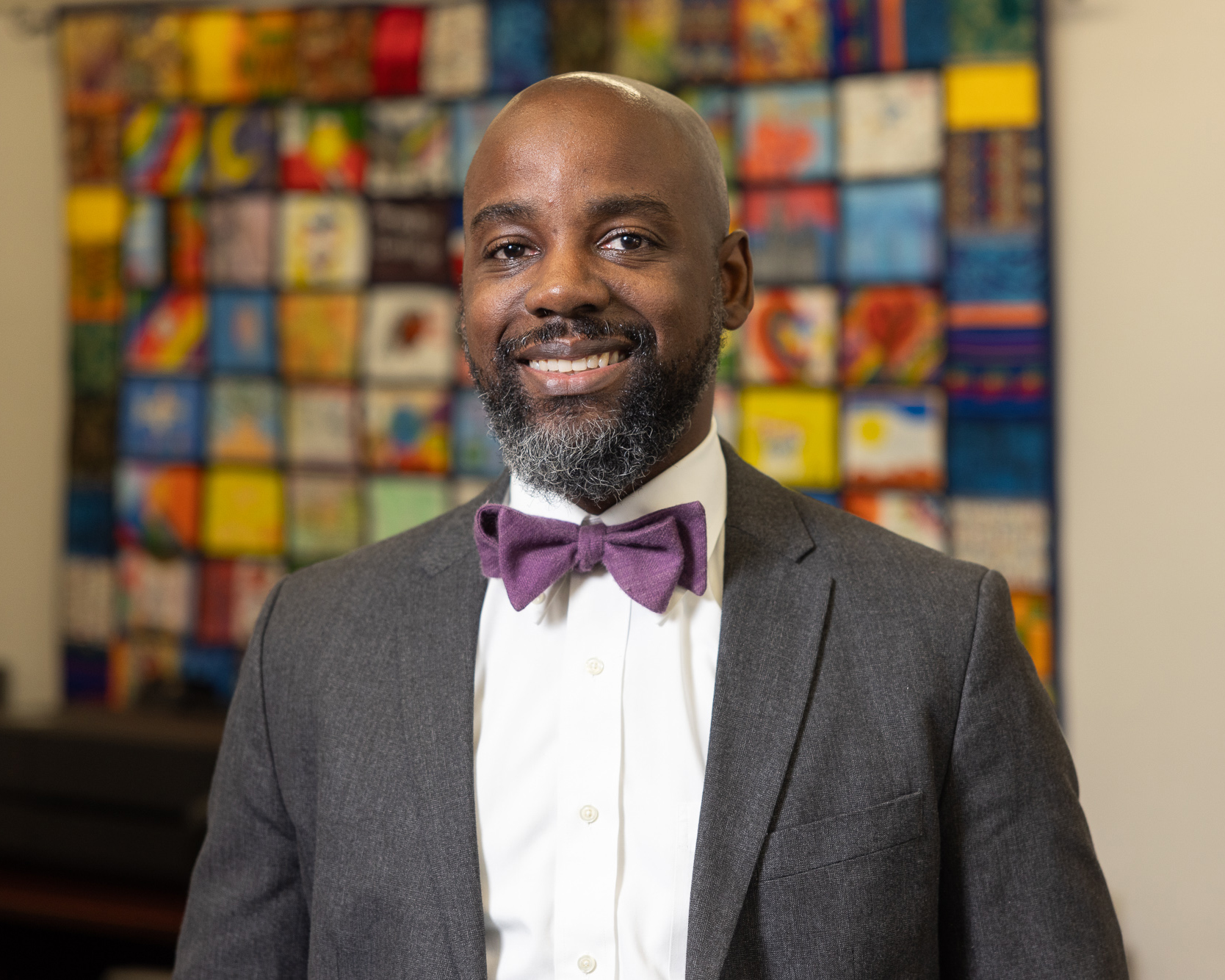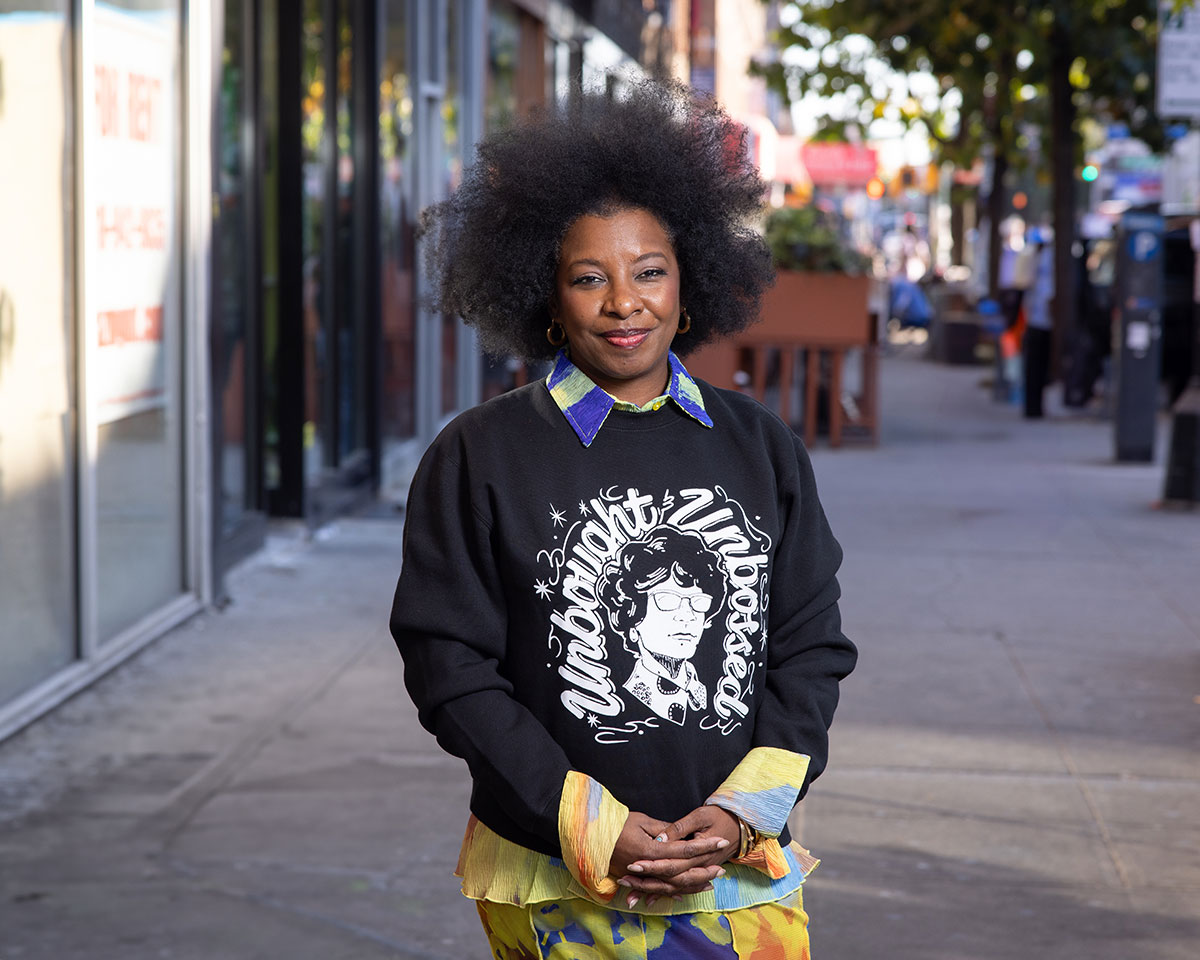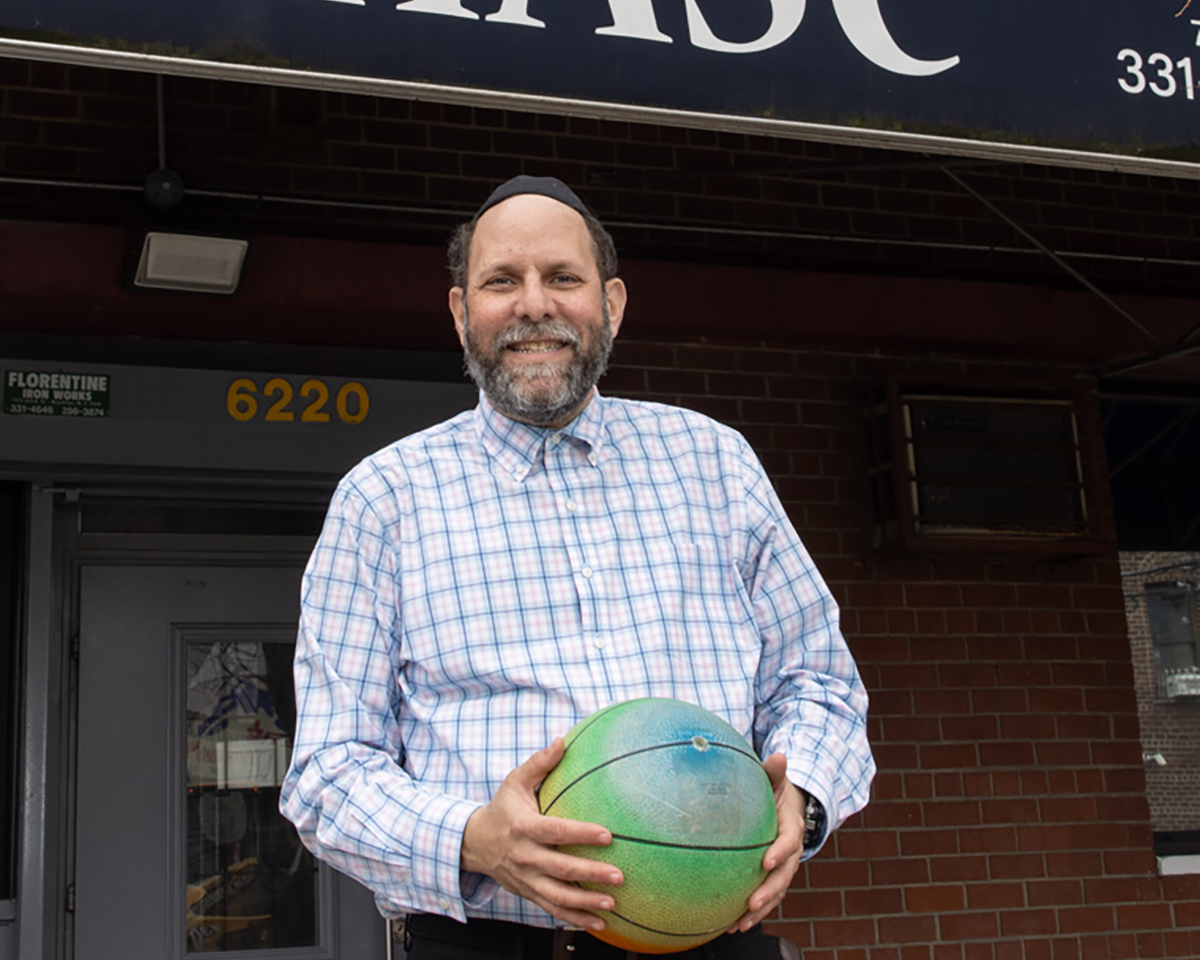Randall Clarke was planning to go to seminary to become a youth pastor. But the child of Barbadian immigrants, who grew up in Elmont, New York, received some divine intervention when his high school class was invited on a trip to Queens College (CUNY).
None of his friends wanted to go, but he saw a day off from classes and thought, why not? He ended up with a full ride to study at Queens to become a math teacher. After graduation, a fortuitous invitation to visit the Red Cross landed him a job as a youth coordinator. Just over a year later, an administrator at Queens, remembering that Clarke had tutored in the college’s Upward Bound program as an undergraduate, invited him to apply to be its assistant director.
“I just go where I’m invited,” says Clarke, who came to Brooklyn College in 2012 and now serves as director of the Percy Ellis Sutton SEEK Program, which is funded by New York state and provides increased access to higher education for students who are considered economically disadvantaged and academically underprepared. “It has worked out for me.”
Clarke talks about his work with his students, his love for soca music, and why he knows he’s exactly where he was meant to be despite life’s detours.
You’ve managed to create an intimate, niche community with the SEEK Program. How has that come together?
I start that from Day One, when the first-year students come in for our summer program. It’s important to me to get to know their names. And once they see I’m trying, they start testing me and are always pleasantly surprised that I remember. I am very purposeful about trying to create a community feeling. I want them to see me on the quad and say hello, which they do. Or if they’re going through a crisis and need someone to speak to, they feel comfortable enough to say, “Mr. Clarke, can I talk to you for a minute?”
I like to talk about the things that impact their education. I don’t tell them that they have to work hard. That’s not tangible. I need to engage them in what they physically need to do. So we talk about what time they go to sleep. I ask questions: Are you drinking water? Are you eating meals? Do you exercise? What are your goals? Why are you here? Who is supporting you, and who are you supporting?
You refer to their start in the summer program as Day One, but lately you’ve been doing a lot of work to plant the seed before students even get here.
Well, with my background with TRIO Talent Search and Upward Bound, where I had to do recruitment to make sure we had our numbers to keep our funding, I connected with many high schools. So I had contacts that allowed me to do presentations about the program. I saw that there was a stigma attached to SEEK, like it was a program for students who are not smart, so they need SEEK. In actuality, it’s not that eligible students are not smart, they just haven’t had a chance to demonstrate their academic abilities. So we give them the opportunity in an intentional space to demonstrate that they can do the work.
I kind of jumped in the recruitment game on my own. I saw a lot of young Black males in some of the schools who wanted mentorship, so I started inviting [Black and Latino Male Initiative Director] David [Wells] ’08, ’20 M.S., to come along. I saw many undocumented students who needed that support, so I invited Jesus [Perez ‘95, director of the Immigrant Student Success Office]. And then we started thinking about programming and trying to design different interactions that will keep us engaged with a variety of schools.
And recruitment isn’t the only thing you’re moonlighting!
I DJ with my brother from time to time. I love soca music. He’s actually the DJ and I’m the emcee, and I mostly just help at family gatherings. I’m also working on a novel that I hope to get published. It’s a fantasy kind of thing, mixing aspects of Christian history with fantasy. It’s cool. It’s something that has been on my bucket list. And I want to get my doctorate in higher education leadership.
That all sounds like more than enough to keep you busy.
The work is a blessing. I am happiest when I get to work with students. I get to help young people realize their potential. I get to advocate for them. And I get to see the students who say, “I am so grateful for you. Thank you for doing this. I owe this degree to you.”
And I tell them, “I’m but a passenger in the car. You’re driving. And I’m humbled that I get to be along for the ride.”



